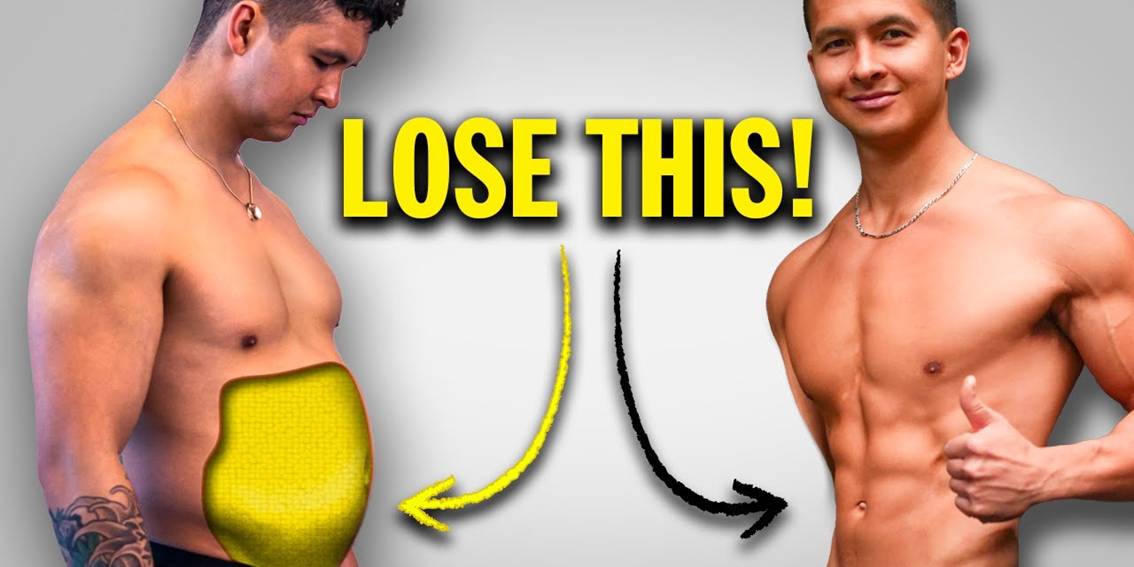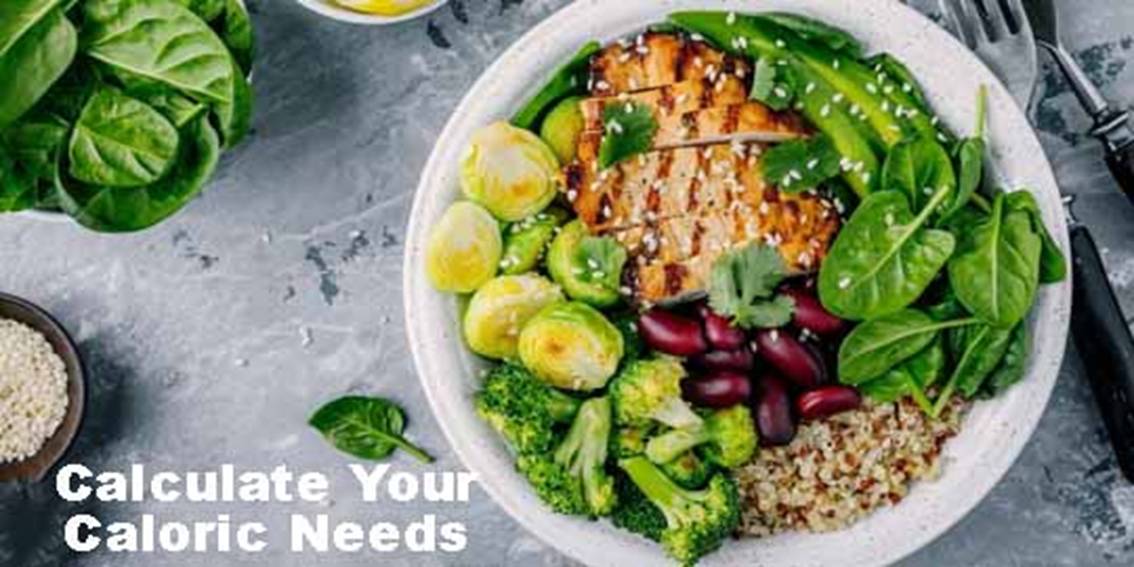A weekly diet for weight loss involves consuming nutrient-dense whole foods.To successfully lose weight each week, focus on eating wholesome, unprocessed foods. Build your meals around lean proteins, a wide variety of colorful vegetables, fresh fruits, and fiber-rich whole grains. It is critical to minimize your intake of packaged and processed items.
Creating a consistent daily calorie deficit of 500 to 750 calories will help you lose one to two pounds per week. You can achieve this deficit by managing your food intake and committing to regular exercise.
Remember to drink six to eight cups of water or other unsweetened fluids daily to stay hydrated. Also, include moderate amounts of healthy fats from foods like avocados, nuts, and olive oil to support overall health and satiety. This balanced approach promotes sustainable and effective weight management.
Set Clear Goals
Establish a specific, realistic weight loss target. Define your daily calorie deficit. Use a tracking app to monitor your food intake and progress. This creates immediate accountability and direction.
Master Your Meals
Dedicate Sunday to meal preparation. Cook large batches of lean protein like chicken breast and fish. Roast vegetables and portion out complex carbohydrates like quinoa or brown rice. This control prevents unhealthy, impulsive food choices during a busy week.
Prioritize Protein and Fiber
Every meal must contain a protein source and fibrous vegetables. This combination boosts satiety and stabilizes blood sugar. You will feel fuller for longer and experience fewer cravings.
Schedule Your Sweat
Plan your workout sessions as fixed appointments. Aim for three strength training sessions and two cardio workouts. Strength training builds metabolism-boosting muscle. Cardio burns immediate calories and improves heart health.
Hydrate Aggressively
Drink a large glass of water before every meal. This simple act naturally reduces your food consumption. Replace all sugary drinks like soda and juice with water or herbal tea. Proper hydration also supports optimal metabolic function.
Embrace Smart Snacking
Keep healthy snacks readily available. Choose options like an apple with a tablespoon of nut butter, a hard-boiled egg, or a small handful of almonds. These choices provide energy and prevent you from reaching for processed junk food when hunger strikes.
For effective weight loss
Weekly weight loss plan, combine cardio and strength training.
Cardio exercises like brisk walking, running, or cycling burn significant calories. Aim for at least 150 minutes of moderate-intensity cardio each week.
Strength training is equally crucial. Lift weights or use resistance bands at least two days per week. Building muscle boosts your metabolism, meaning your body burns more calories even at rest.
High-Intensity Interval Training (HIIT) offers maximum efficiency. Alternate short bursts of intense exercise with brief recovery periods. This approach torches calories and keeps your metabolism elevated long after your workout ends.
Consistency is your most powerful tool. Find activities you enjoy to ensure you stick with your plan.
Reflect and Adjust
At the week’s end, review your progress. Analyze what worked and identify any challenges. Use this data to refine your strategy for the following week, ensuring continuous improvement and long-term success.




